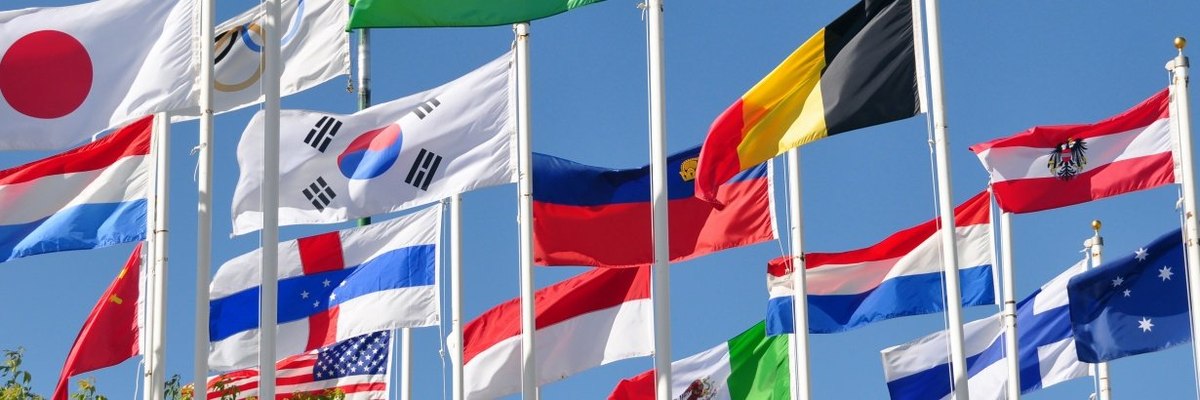As efforts increase to bring international sporting competitions to ever-larger audiences across more and more countries, some major events have come under scrutiny for allowing countries with alleged poor human rights’ records to host them.
But to what extent do people believe human rights should be taken into account by sporting bodies, and how far does support for boycotts go? YouGov’s latest EuroTrack poll, conducted in January 2022, investigates opinions across Britain, Denmark, France, Germany, Italy, Sweden, and Spain.
Sporting associations are too willing to host events with undemocratic nations, say Europeans
In general, there is a widespread consensus that international sports institutions are too willing to work with undemocratic governments. These institutions are too willing to work with authoritarian regimes according to 63% of Danes, 58% of Germans, 57% of Spaniards and Swedes, 52% of Britons, 41% of French respondents, and 39% of Italians. By comparison, the percentage of those who think sports institutions are too apprehensive to work with undemocratic governments doesn’t surpass 10% in any of the surveyed countries.
Moreover, upwards of two thirds say that international sports bodies should take human rights into account when deciding whether choosing host nations for sporting events - including 83% of Spaniards, 79% of Italians, 77% of Danes, 75% of Germans and Britons, 72% of French respondents. and 67% of Swedes.
Only a fraction believe human rights should play no role in these decisions, lowest in Britain (7%) and highest among the Swedish (14%).
Should countries boycott international sporting events in countries with poor human rights records?
Consistently, over half the people across the surveyed countries believe their nation’s teams and competitors should boycott a sporting event if it was being held in a country with a poor human rights record. This includes nearly six in ten of those in Great Britain (59%) at the top, and around half of Italians (53%) at the lower end. At the same time, generally less than a quarter (between 14% and 27%) oppose sporting boycotts.
Who should take the decision on whether or not to boycott an international sporting event?
According to most respondents, the decision whether to boycott an event shouldn’t be taken by the government nor by individual players, but rather by the national governing bodies for the relevant sport. This is particularly true for Italians (62%), and Spaniards (56%).
While Britons also tend to think national governing sporting bodies should make the call (46%), they are most likely to think the decision is up to the individual player (29%), compared to 23% of Germans who think the same. Similarly, while 53% of Danes think sports bodies should decide, they are the most likely to think it should up to the government (30%).









